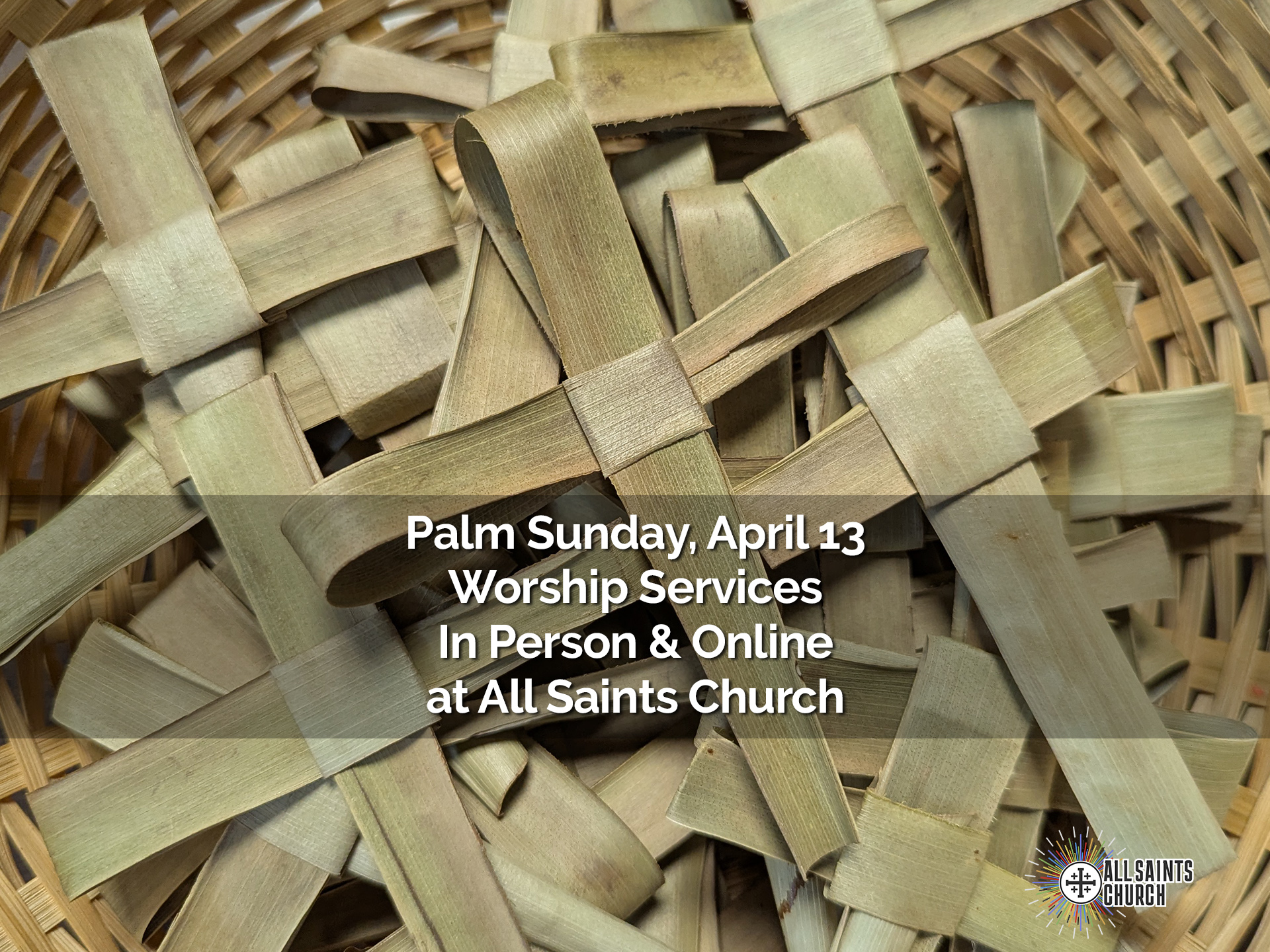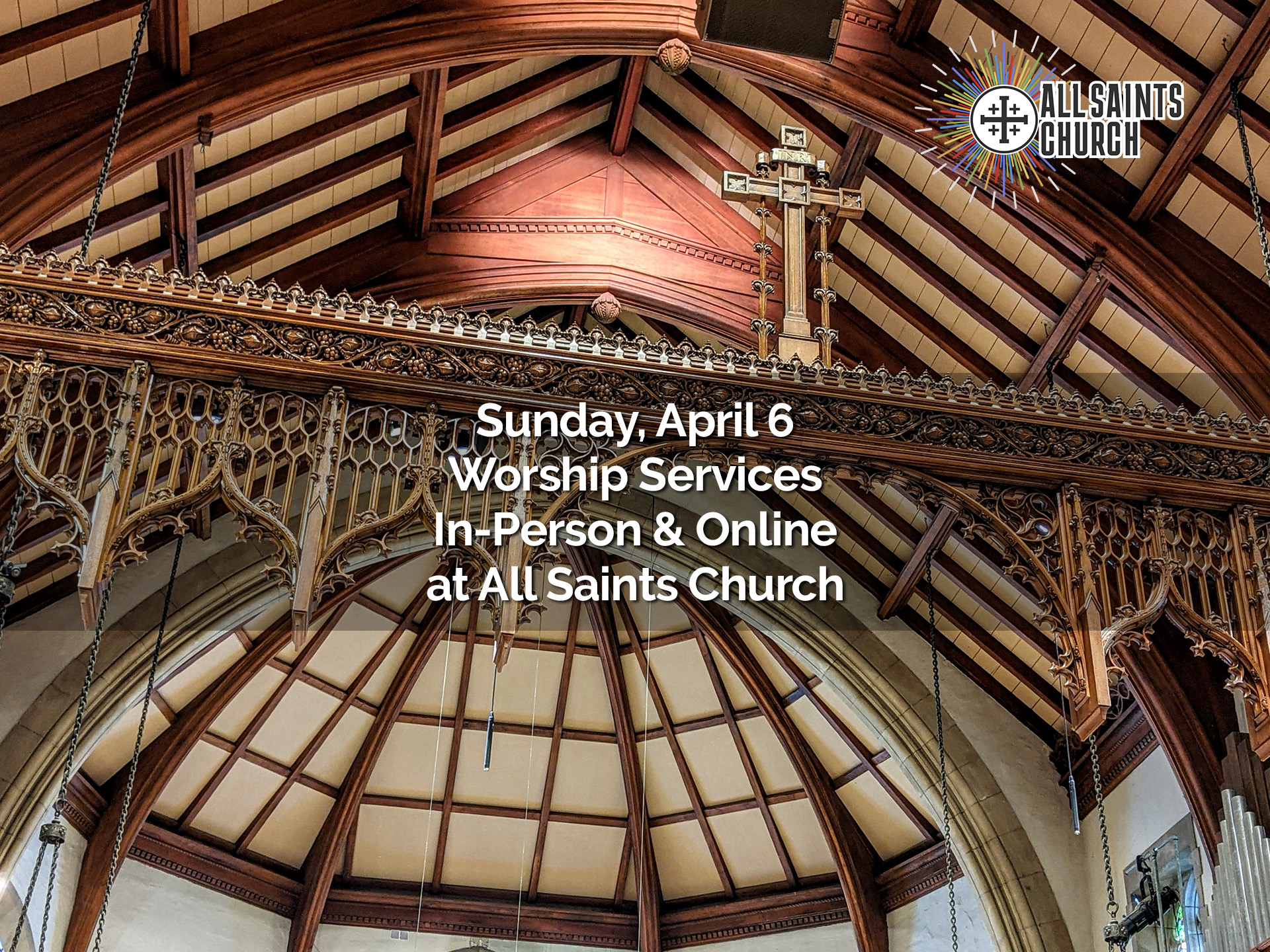The Gospel isn’t meant to be gulped down on Sunday morning, but gnawed on through the week so it really becomes a part of us. You’ve got to work at it, like a dog with a good bone! Here’s the Gospel for this coming Sunday — the second Sunday in Advent — with food for thought about preparing the way for God. Gnaw away!
Second Sunday in Advent – Luke 3:1-6
In the fifteenth year of Tiberius Caesar, Pontius Pilate was governor of Judea, Herod tetrarch of Galilee, Philip his brother tetrarch of the region of Ituraea and Trachonitis, and Lysanias tetrarch of Abilene. In those days, during the high-priesthood of Annas and Caiaphas, the word of God came to John, begot of Zechariah, in the desert. John went through the entire region of the Jordan proclaiming a baptism of repentance for the forgiveness of sins, as written in the words of Isaiah, the prophet: “A herald’s voice in the desert, crying, ‘Make ready the way of our God; clear a straight path. Every valley will be filled, and every mountain and hill will be leveled. The twisted paths will be made straight, and the rough road smooth–and all humankind will see the salvation of God.’”
The Backstory – What’s Going On Here?
John the Baptist appears in all four Gospels, but never with as much backstory as in Luke. Luke’s gospel includes not only Jesus’ birth narrative but John the Baptist’s — and even links their mothers, Mary and Elizabeth, before they were born. Also notable in this passage is how Luke sets it in time — using the Roman emperor and lesser rulers as well as the Jewish authorities. Remember, Luke is writing to a Gentile audience and consistently emphasizes the universality of the person and message of Christ. For him, both Jesus and John are not just local but global stories. John preaches a baptism of repentance for the forgiveness of sins. The word “repentance” or, in the Greek, metanoia, is about a literal 180-degree turning around. The early church incorporated this physical sense into their baptismal liturgy when, after saying the renunciations the candidates for baptism would literally turn from West to East for the adhesions and to take on a new life in Christ.
The quote from Isaiah is from Isaiah 40:3-5. The Isaiah passage begins (40:1-2) with words of comfort for Israel in exile, that that forced time in Babylon — viewed as a prison sentence for her transgressions – is over. The passage John quotes is God, who has been in exile with the people, announcing the divine return to Jerusalem. For a people who have been longing for home, there is no passage in all of scripture that is more music to their ears. For first-century Jews living under occupation it is a clear message of deliverance.
A few things to chew on:
*John preaches a baptism of “metanoia” … not just embracing something but literally turning from one thing to another. Often we think of living a life of faith as a list of things to take on, but just as much it involves laying things aside. There are renunciations that have to go with every adhesion. Leavings that must go with every greeting. As we prepare to welcome Christ, what in your life does Christ’s coming invite you to lay aside?
*John’s language is that of a bulldozer plowing through any obstacle for God’s homecoming. Can you think of a time that you wanted to see someone or get somewhere so much that you felt you would run through a mountain. Often we don’t consider ourselves worthy of such passion … and yet the promise we have in Isaiah and the incarnation is that God’s passion for us burns just that deeply. Take time this week and consider how passionately God is in love with you!
Try This:
John’s preaching is also about forgiveness … forgiveness of sins. In Luke, the word for sin is the greek hamartia (ἁμαρτία), which is not so much a willful action but a “missing the mark.” Think of an archer who is aiming at a target and misses. Often our relationships with one another fit this definition … they miss the mark of what we wish they were, what they might be. Often we feel guilty at slights or not tending to relationships, and that bad feeling keeps us from addressing it — and gaps grow into chasms between us.
This week, consider if there is someone from whom you’ve grown apart — maybe not from any action that was intentional but just from “missing the mark.” What would forgiveness or asking for forgiveness from you look like? Think of one small way you can do something this week to try to “hit the mark.”
The Second Holy Verb of Advent: Prepare
Make ready the way of our God; clear a straight path. Every valley will be filled, and every mountain and hill will be leveled. The twisted paths will be made straight, and the rough road smooth–and all humankind will see the salvation of God.’
Last Sunday we were given the first holy verb of Advent — Watch.
Stand up and raise your heads. In the midst of the storm when others are fainting from fear — Watch for Jesus.
On Advent 2, we get our second holy verb of Advent — Prepare.
Luke’s Gospel tells about John the Baptist using a deliverance song from Isaiah. God is not just coming for a visit, God is coming to deliver the people … and the task at hand is to prepare. To prepare the way.
How do we prepare — by bringing equity.
Make paths straight and rough ways smooth.
Fill the valleys and lower the mountains.
That’s how all shall see the salvation of God.
The way we prepare for the inbreaking of Christ into the world is by bringing equity.
By dismantling the systems that dehumanize all by overprivileging some and underprivileging others.
By giving megaphones to the powerless and mute buttons to the powerful.
By being lobbyists for the poor and regulators of the wealthy
By lifting up the lowly and meek and sending the rich empty away.
The way we prepare for the inbreaking of Christ in Jesus’ birth is the same way Jesus lived from that point onward – proclaiming release to the captives, recovery of sight to the blind, letting the oppressed go free and proclaiming the year of the Lord’s favor.
Jesus is coming. It is time to prepare. And Luke and Isaiah tell us this is not a little rearranging of dirt but a reconstruction project on an epic scale. It is not for the feint of heart or the fearful. It is for those who will roll up our sleeves and not only move mountains but cast them into valleys.
Jesus is coming. It is time to prepare. What needs to be brought low and what needs to be raised up? What roads need to be smoothed out?
Jesus is coming. And if we want the world to see Christ, if we want all flesh to see the salvation of God, it’s time to get to work.
Jesus is coming. It is time to prepare.
. . . . . . . . . . . . . . . . . . . . . .
Check out the rest of Sunday’s readings
The Lectionary Page has all of the readings for this Sunday and every
Sunday – click here for this Sunday’s readings.
Collect for Sunday
Pray this throughout the week as you gnaw on this Gospel.
Merciful God, who sent your messengers the prophets to preach repentance
and prepare the way for our salvation: Give us grace to heed their warnings
and forsake our sins, that we may greet with joy the coming of Jesus Christ
our Redeemer; who lives and reigns with you and the Holy Spirit, one God,
now and forever. Amen.
Want to read more?
“The Text This Week” is an excellent online resource for anyone who
wants to dive more deeply into the scriptures for the week.



